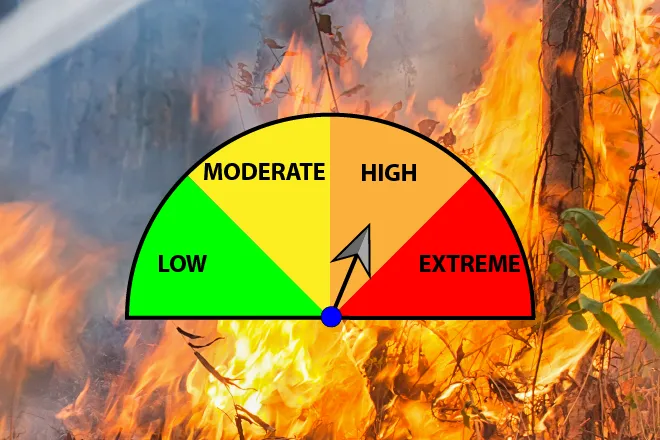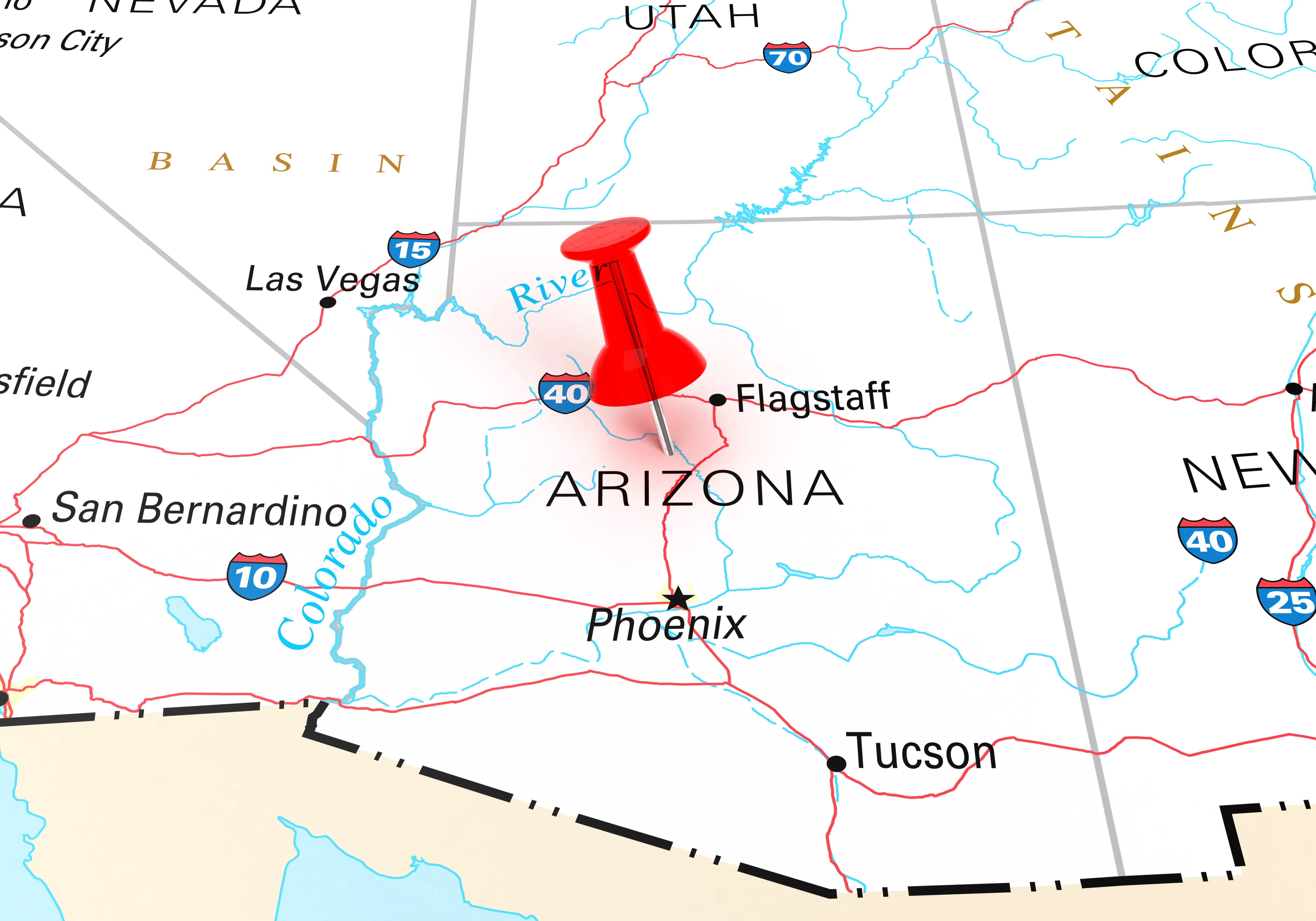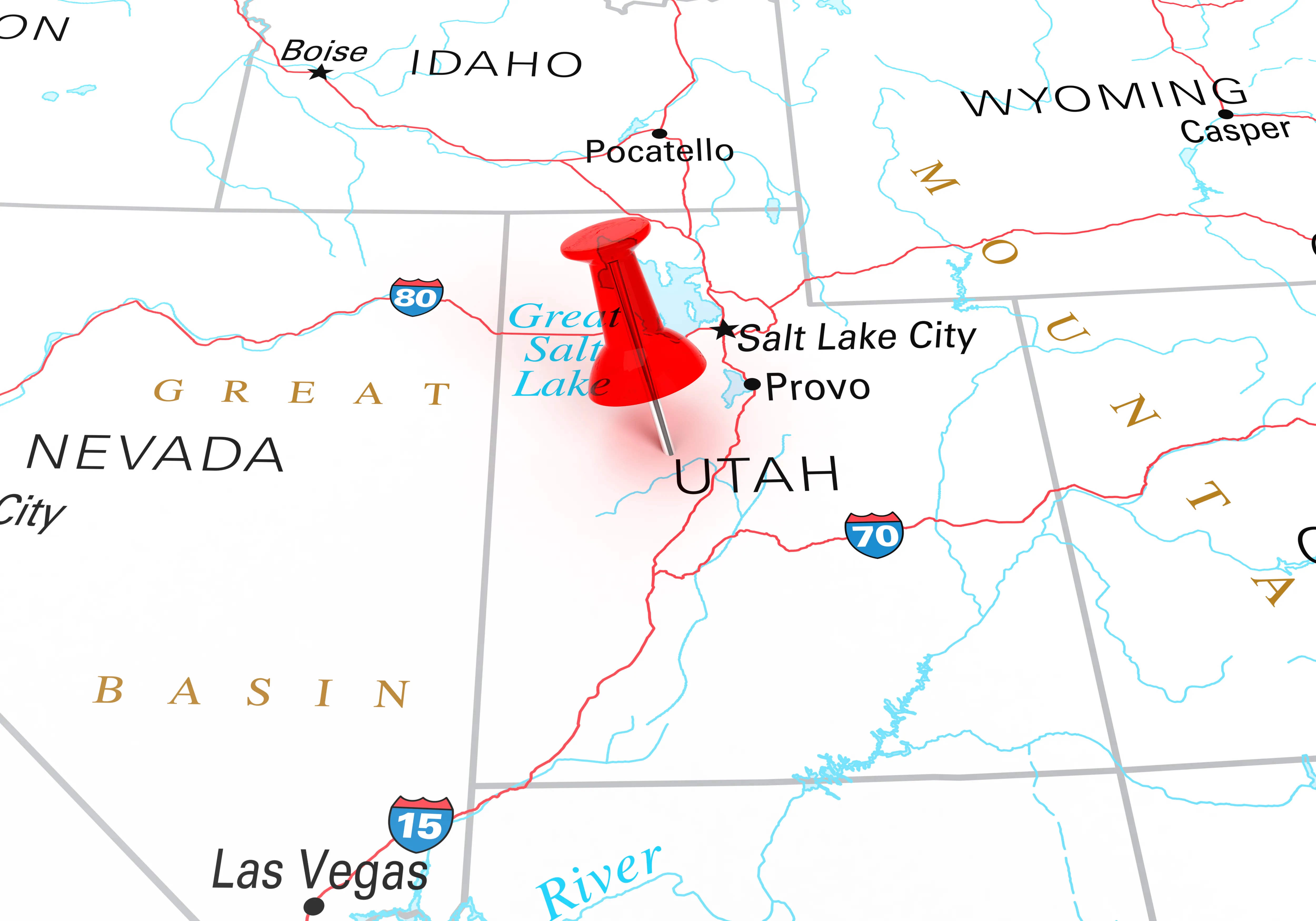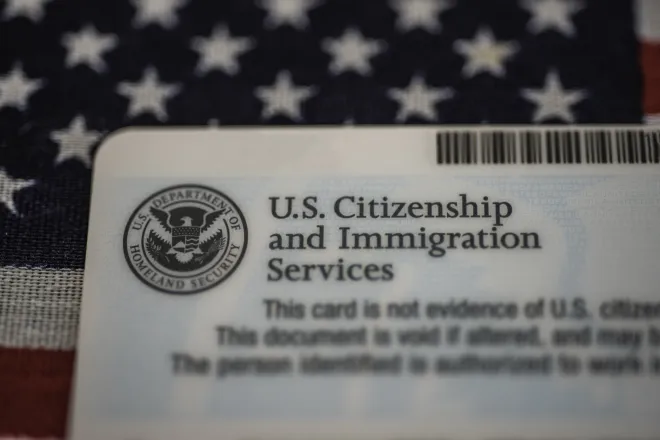
Ballot measure would tax Colorado corporations, wealthy to fill budget gap
© Jerome Maurice - iStock-1426962165
Click play to listen to this article.
Coloradans could see competing income tax measures on their 2026 ballots.
One proposal would cut state taxes for 98 percent of Coloradans but raise taxes for individuals and corporations earning more than $500,000 a year. The measure aims to fill a billion-dollar hole in the state’s budget created by cuts to health care, food assistance and education in the GOP’s signature federal tax and spending bill.

© Baris-Ozer - iStock-1420488382
Lydia McCoy, CEO of the Colorado Center on Law and Policy, said removing the state’s flat tax rate, currently 4.4 percent, would actually make the tax code more fair.
"It seems like it’s the same rate, so shouldn’t it be considered fair? But the truth is that the wealthiest Coloradans, when it comes to a share of their total income that they are paying, they are paying less than people who are making way, way less than they are," McCoy explained.
The measure is backed by Protect Colorado’s Future, a coalition of 12 liberal-leaning organizations. A separate initiative proposed by the conservative group Advance Colorado would lower taxes by less than 1 percent regardless of income. The group’s president has also called the move to end Colorado’s flat tax, made permanent under the Taxpayer’s Bill of Rights or TABOR, an act of class warfare.
McCoy pointed out the class war started a long time ago and was won by the people who set up Colorado’s current tax code. Until 1987, taxes were graduated, not flat. People at the bottom of the pay scale got to keep more of their paychecks, and top earners paid more.
"Framing it as class warfare shows a deep lack of understanding of how much poor people and working-class Coloradans are struggling right now," McCoy contended. "This is about survival. This is about defending basic needs, not about winning a war."
The Colorado Hospital Association warned cuts to Medicaid under H.R. 1, set to take effect after the 2026 midterm elections, will increase the number of uninsured patients and lead to unsustainable losses when people cannot afford to pay their bills.
McCoy pointed out under TABOR, only Colorado voters have the power to make the wealthy pay their fair share and restore funding to critical state priorities.
"How can we make sure that the poorest and working-class Coloradans are able to get the services they need through the state of Colorado without breaking the bank?" McCoy asked.
















